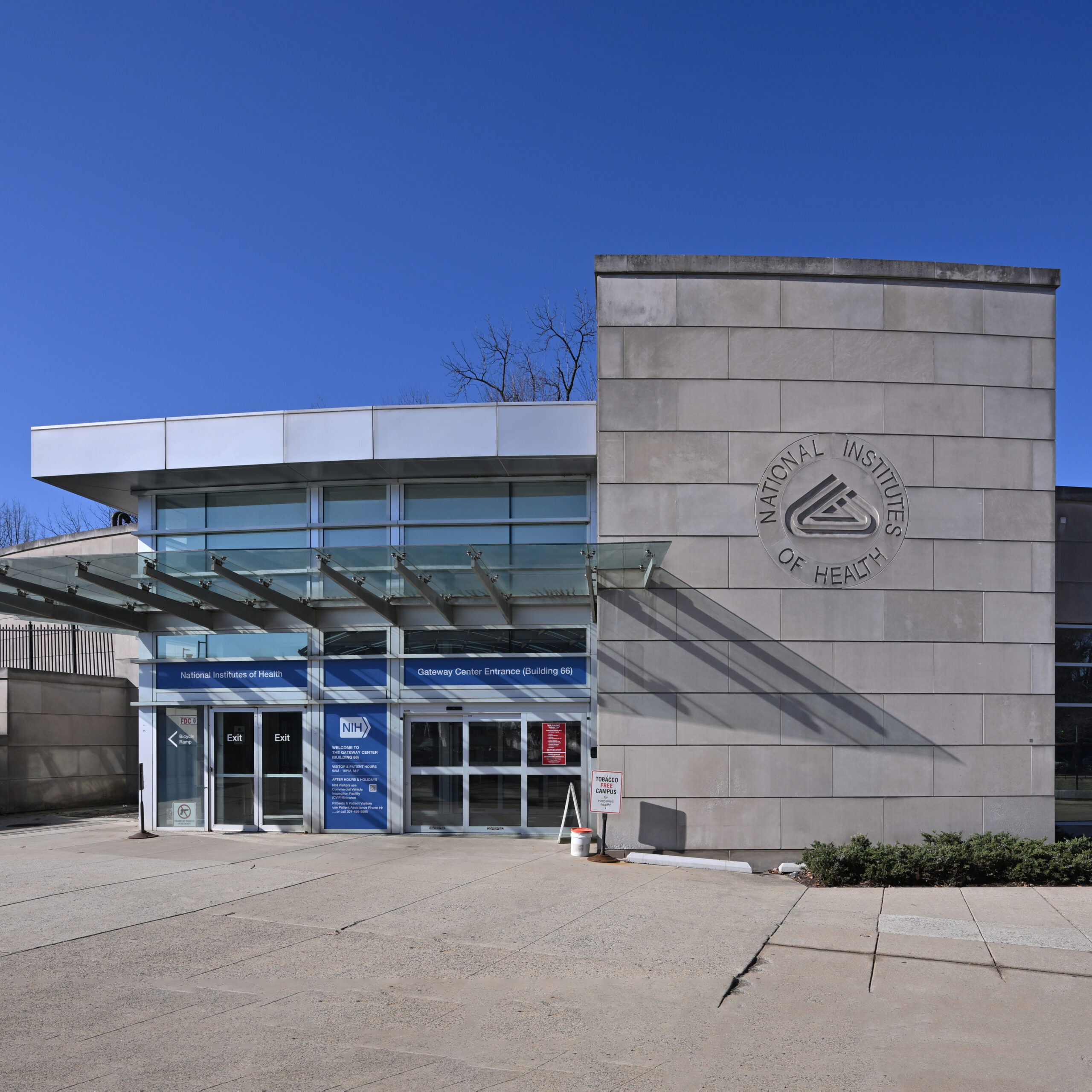You’d think that when a top health official calls autism a “primary health concern,” the next step would be more research, more support, and more funding. Instead, the first four months of 2025 have brought a 26% drop in federal funding for autism research, according to a Reuters analysis. That’s a $31 million cut from the previous year, with the National Institutes of Health (NIH) budget for autism research falling from $147 million to $116 million in that short window.
Numbers like these aren’t just statistics. They have real-world consequences for autistic people, families, and the scientists trying to make life better for our community.
What’s Behind the Cuts?
On the surface, the Trump administration and Health Secretary Robert F. Kennedy Jr. have promised to make autism a top priority. Kennedy announced a $50 million initiative to probe environmental causes of autism and floated plans for a national “autism registry.” But while these announcements grab headlines, the reality is that existing research projects are being canceled, delayed, or left in limbo.
Here’s what’s happening:
Shifting Priorities: Kennedy has publicly dismissed the importance of genetic research, saying, “I don’t think we should be funding that genetic work anymore. I think we know a lot about the genes that provide vulnerabilities. What we really need to do now is to find the environmental toxins.”
Targeted Cuts: Grants focusing on gender diversity, mental health in autistic adults, and projects at certain universities have been terminated or not renewed. For example, a $509,000 grant studying genetic influences on mental health and gender diversity among 10,000 autistic and non-autistic people was canceled, along with several others totaling over $10 million.
DEI and ‘Gender Ideology’ Purge: Some projects were ended specifically because they addressed diversity, equity, and inclusion (DEI) or gender, following executive orders that ban “equity-related” grants. As one NIH letter to a researcher put it, “This award no longer effectuates agency priorities”.
The Human Impact
Let’s step out of the policy weeds for a second. Kristyn Roth, chief marketing officer at the Autism Society of America, put it bluntly: “We’re hearing real concern from researchers that vital studies may be delayed or defunded, as well as a misalignment in research efforts. Overall, this shift risks leaving autistic individuals and families without the scientific advancements needed to live fully.”
Take Laura Graham Holmes, a researcher whose grant to develop suicide prevention interventions for autistic people was cut. She described her project as “a career development award to provide mentorship and advanced training toward me developing into a productive investigator focused on patient-oriented research.” The loss of funding, she said, means less support for autistic communities and fewer opportunities to translate research into real-world help.
In Minneapolis, mental health advocates gathered to protest the cuts. “Cutting-edge research requires investment. It requires people and researchers to do that work,” said Minnesota Rep. Angie Craig. “We should be moving forward, trying to make progress with our research and innovation, not backward.”
What’s at Stake?
Loss of Diversity in Research: Projects focusing on underrepresented groups, including women, gender-diverse people, and minorities, are being disproportionately impacted. This means less understanding of how autism affects different communities.
A Fractured Support System: Cuts are hitting not just NIH, but also the Department of Education and Department of Defense, both of which have been major funders of autism research and services. The DOE’s Institute of Education Sciences, for example, has drastically reduced staff and funding for training future special education professionals.
A Brain Drain: According to a survey by the Autism Science Foundation, more than half of researchers affected by the cuts said they or their colleagues could lose their jobs, and about a third are considering leaving the field entirely. If you’ve ever walked through a university lab late at night, the hum of computers, the smell of burnt coffee, the quiet intensity of people who care deeply about their work, you know how much passion and potential is at risk.
Where Do We Go from Here?
The administration’s focus on environmental causes might sound like a new direction, but as Dr. Josh Gordon, former director of the NIH’s National Institute of Mental Health, warns, “A cut of that magnitude would devastate efforts to understand autism and develop novel therapies aimed at improving the lives of individuals on the spectrum.”
Meanwhile, the Interagency Autism Coordinating Committee, meant to bring together government officials and members of the autism community, hasn’t met since January. Advocacy groups and researchers say they’ve been shut out of decision-making, leaving many to wonder who’s really steering the ship.
As we walk through this moment, we’re reminded that research isn’t just about numbers or politics. It’s about people. Autistic people, their families, and the scientists who work alongside them. It’s about the hope that tomorrow will be a little brighter, a little more inclusive, and a lot more informed by the voices that matter most.
Citations
- Reuters. (2025, May 16). Trump administration cut autism-related research by 26% so far in 2025. Retrieved from https://www.reuters.com/business/healthcare-pharmaceuticals/trump-administration-cut-autism-related-research-by-26-so-far-2025-2025-05-16/
- Disability Scoop. (2025, June 2). NIH autism research funding down 26% under Trump, analysis shows. Retrieved from https://www.disabilityscoop.com/2025/06/02/nih-autism-research-funding-down-26-under-trump-analysis-shows/31470/
- The Transmitter. (2025, April 29). Federal funding cuts imperil next generation of autism researchers. Retrieved from https://www.thetransmitter.org/spectrum/federal-funding-cuts-imperil-next-generation-of-autism-researchers/
- Time. (2025, April 22). Trump administration cuts funding for autism research. Retrieved from https://time.com/7279068/trump-administration-autism-research-cuts/
- The Transmitter. Budget cuts hit autism research. Retrieved from https://www.thetransmitter.org/spectrum/budget-cuts-hit-autism-research/









